HOW FRANCHISORS ARE SHIFTING TO CONFRONT THE CHALLENGES OF COVID-19
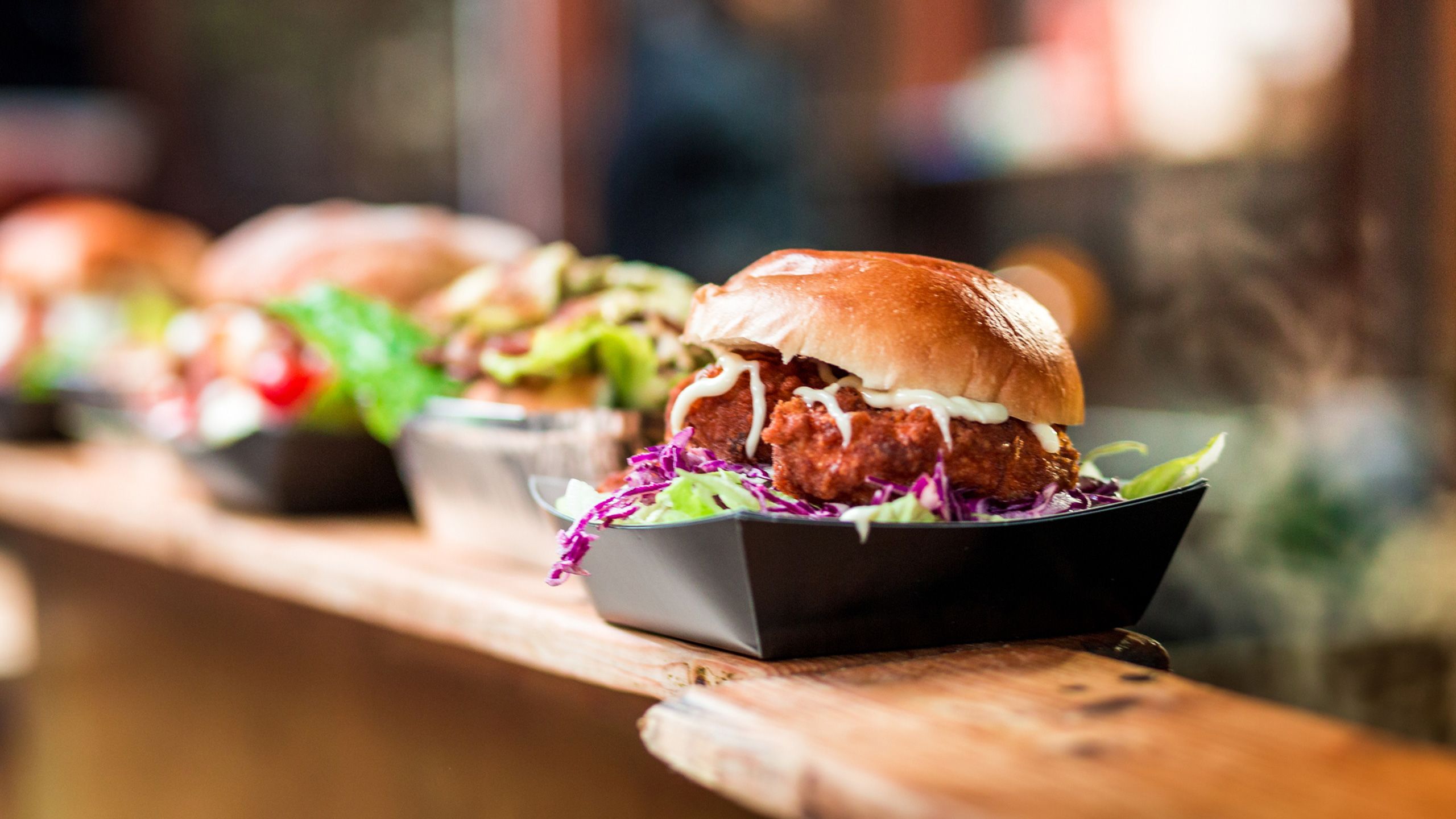
Franchises have been an integral part of South Africa’s cultural and business landscape, through good times and bad, for over 40 years - and Covid-19 is forcing the sector to innovate like never before.
South Africa’s affinity towards franchises dates back to the early 1980s, when a Johannesburg restaurant placed a single advertisement in a local newspaper seeking franchisees for their new burger chain idea.
The advertisement generated hundreds of enquiries, and within two years it had expanded to a chain of 15. Today, that humble restaurant, now known as Steers, has more than 600 branches - and it remains one of the most successful businesses of its kind in South Africa.
But South Africa’s franchise story is bigger than a single burger chain. There are more than 800 franchise businesses across almost every commercial sector in the economy - from automotive operations and supermarkets, to home improvement, beauty and wellness.
Collectively, franchises contribute some 15.3% to the country’s GDP - a figure that puts it in the top five worldwide. And their resilience, even during economic downturns and tough macro economic conditions, have consistently made them attractive businesses to run.
TOUGHEST CHALLENGE YET
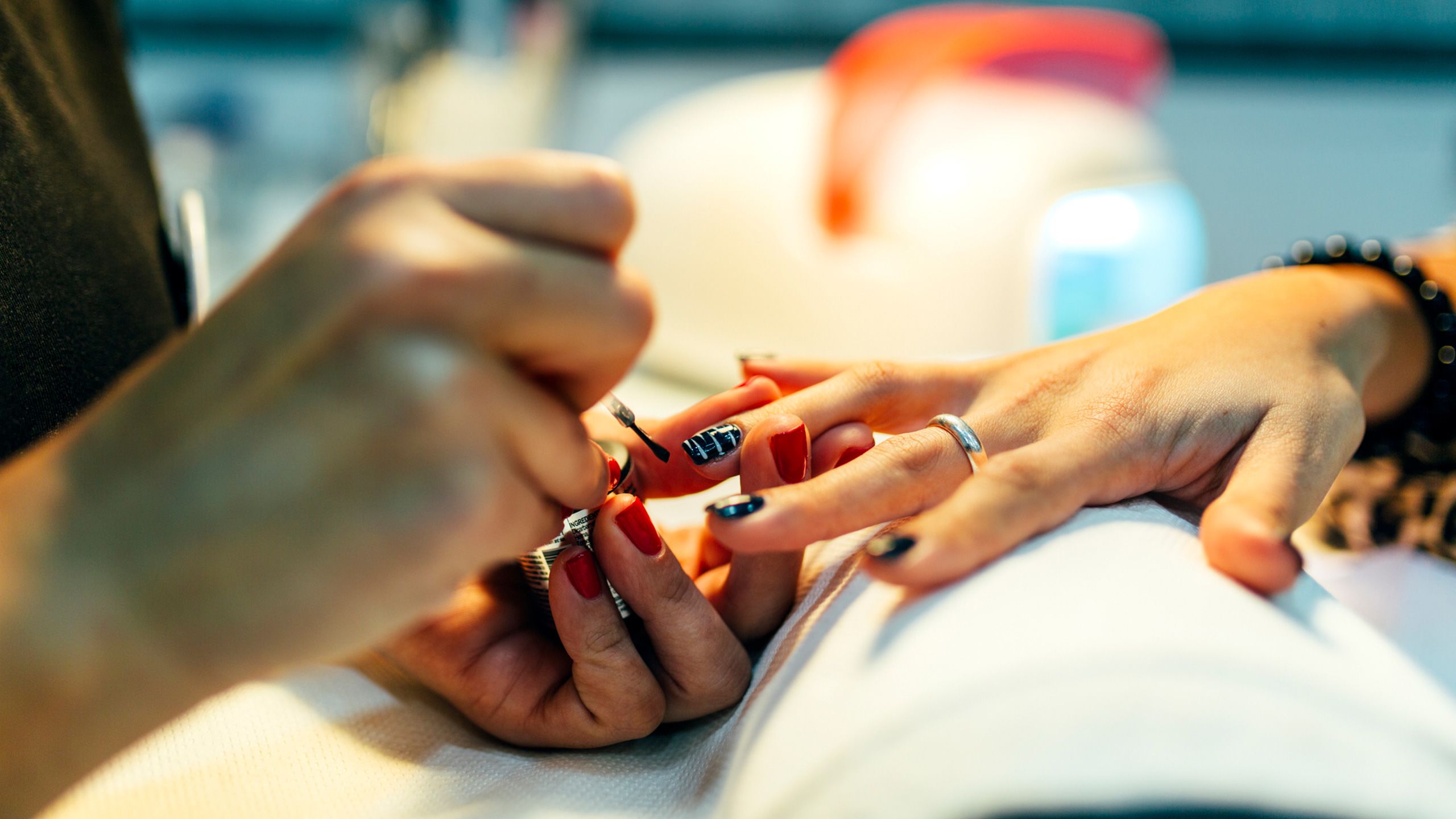
Although historically the franchise sector in South Africa has withstood economic volatility, nothing could fully prepare it for the impact of Covid-19.
'None of us expected this to happen,' says Sapna Naran, group marketing manager at Sorbet. 'You always expect other economic and environmental factors to come into play, but not something at this magnitude. It was a shock to all of us.'
Nedbank economist Busisiwe Radebe says that most businesses in South Africa have been hit hard by Covid-19 – but she still favours franchises over independent operators.
'Covid has had a negative impact across the board,' says Radebe, 'but I think you are always safer with a franchise than without. Although the smaller mom-and-pop stores may be nimbler than franchises, they’re simply not going to have the muscle behind them that the franchisee has.'
STRENGTH IN NUMBERS
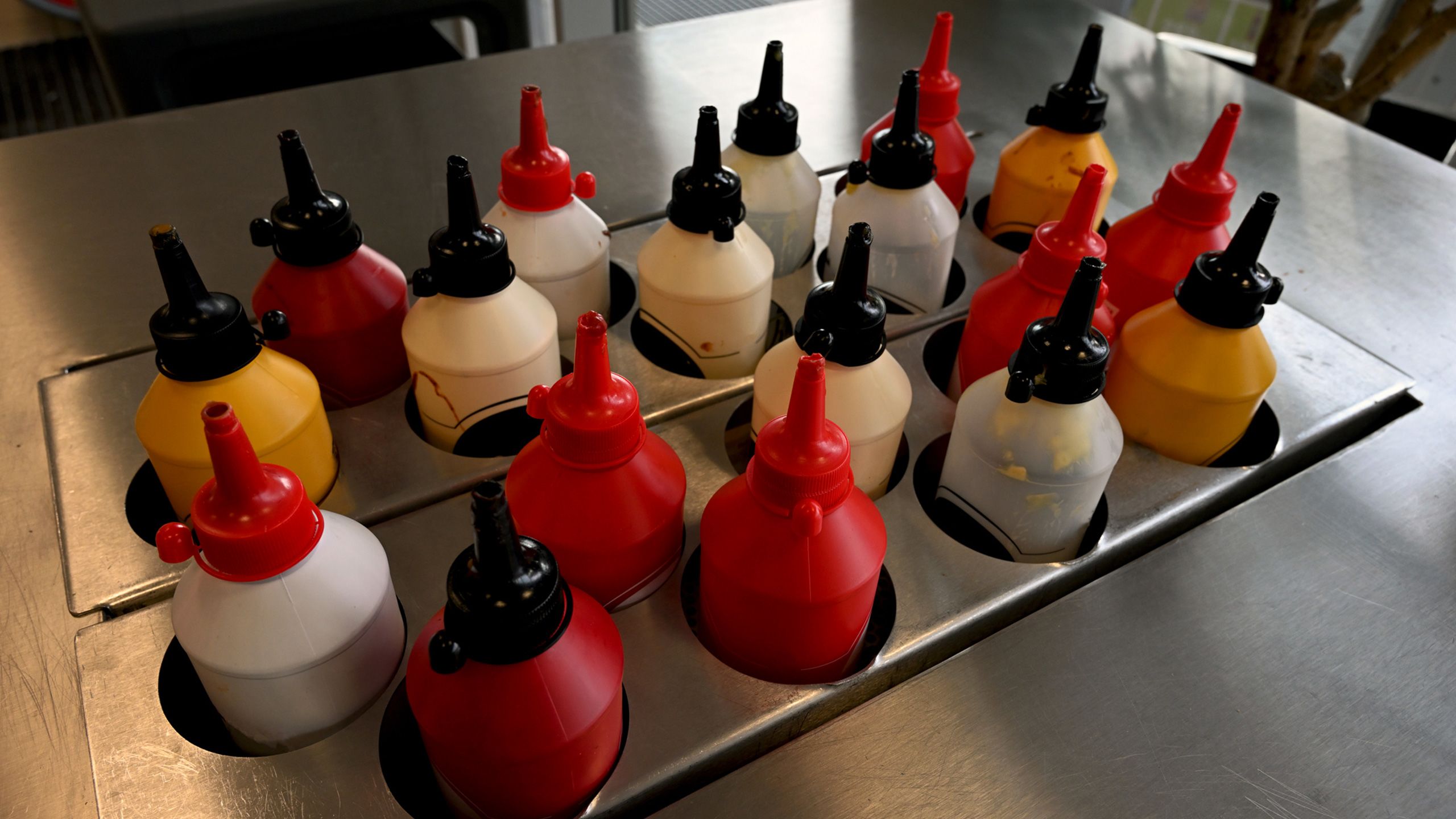
Trudi van Niekerk, chief executive officer at Nando's Licensed Markets, believes that customers are going to make choices based on brands that they know and trust.
‘The support of a franchisor on a strategic business level, as well as helping to navigate all the new regulations around Covid, and the buying power which the scale of a large franchised brand brings, will definitely put franchisees in a more favourable position to survive than those that aren’t franchised,' she says.
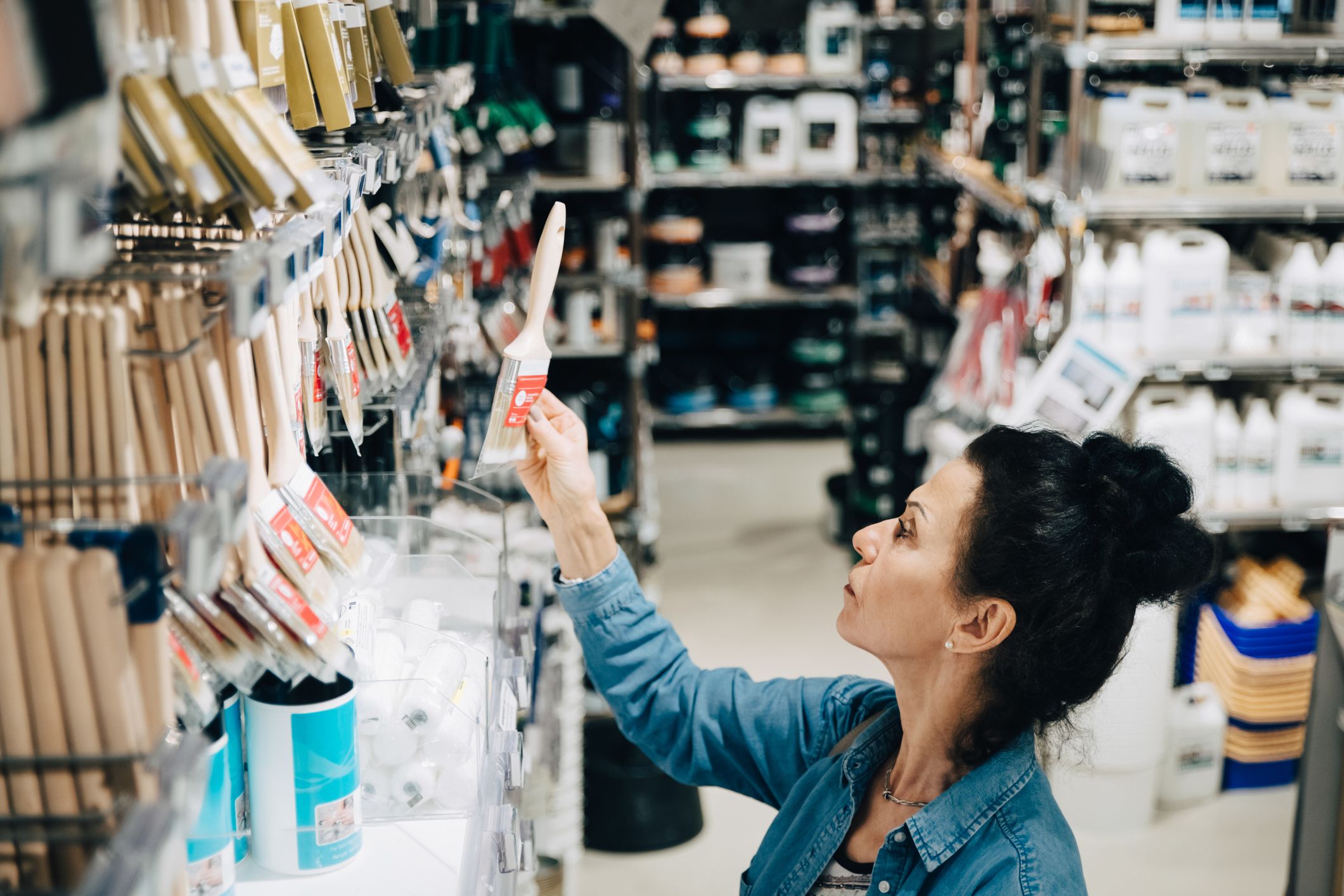
The same is true in the DIY and home improvement sector, says Tarryn Casteller, head of enterprise development at Universal Paints. ‘Our franchise model has helped keep operators stable, and even trading well, during lockdown,’ she says.
Although their operators were buoyed by an increase in home improvement projects during lockdown, she also believes there’s value in having franchise tools like a mass marketing arm.
‘We offer an attractive business opportunity through our unique business model with a strong, stable South African investment,” says Casteller. ‘The only recurring fee we charge is a marketing contribution, which is a fixed amount charged monthly, so during tough times it is easier for our operators to make money, and survive.’
Ocean Basket’s chief operating officer John Camacho says their hands-on approach has eased the burden on many of their franchisees.
‘In these ever changing times, the franchise model allows franchisees to focus on running their business day-to-day,' he says.
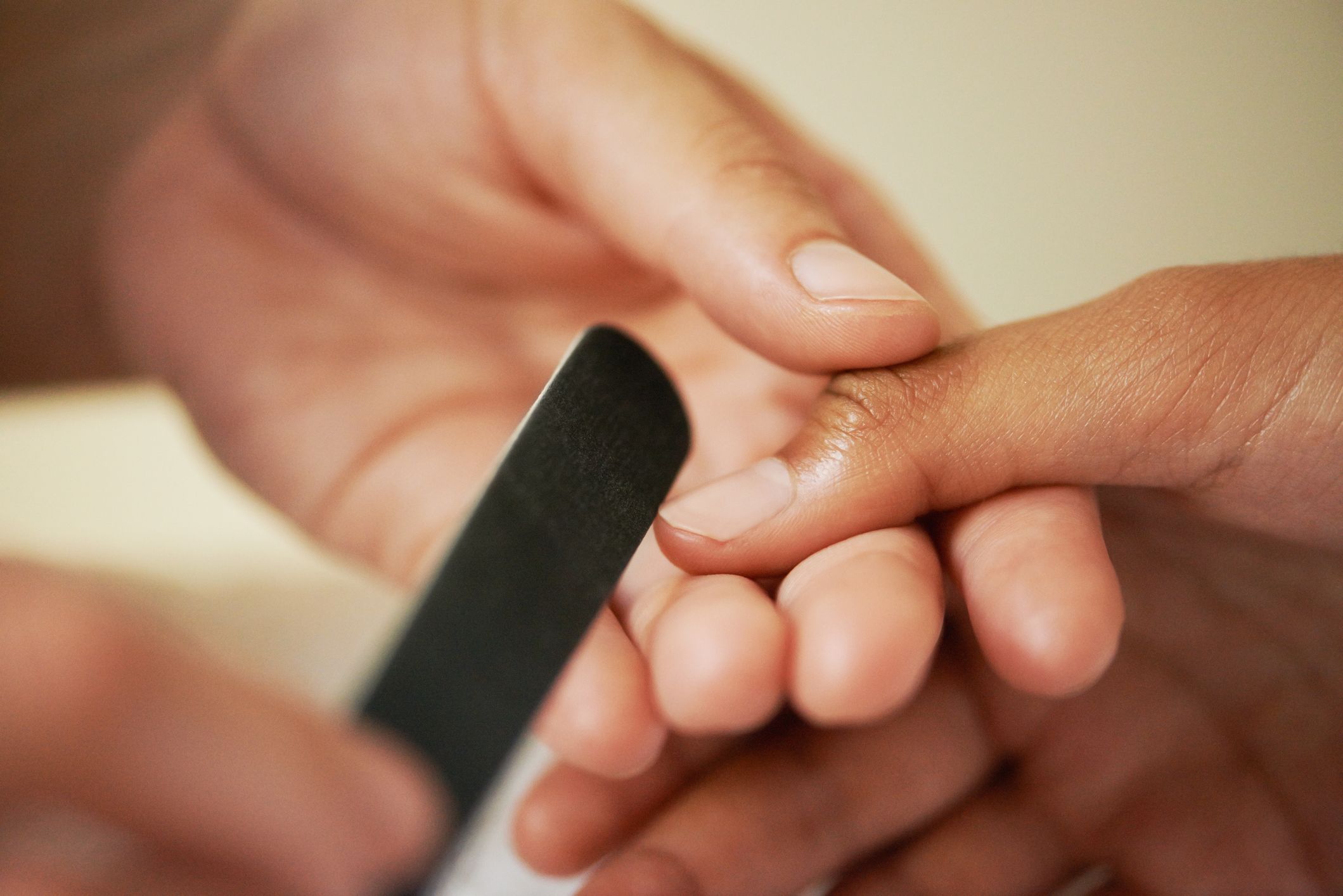
And in the case of beauty salon franchise Sorbet, the group’s holding company immediately offered critical support and guidance to its vast network of franchisees.
'We have just under 200 franchise partners that we had to manage,' says Naran. 'So when it came to the lockdown we tried to equip them and help them manage staff in stores, and issues around stock, cash flow and other communication tools for them to utilise during this period.'
Although these levels of support and guidance help, a franchised business is not immune to a challenging economy, and survival without innovation is not automatically guaranteed, says Tony da Fonseca, managing director of OBC Group.
'Although brand recognition and acceptability should be higher in a well-marketed and managed brand, Covid has placed a number of franchise categories under immense duress,' says da Fonseca. 'However there is strength in numbers, and collectively a franchise system should operate through this period a lot more effectively, and certainly regain market share a lot quicker, than a sole operator.'
CHANGING MENUS, AND THE RISE OF DELIVERY, STRIP MALLS AND DARK KITCHENS
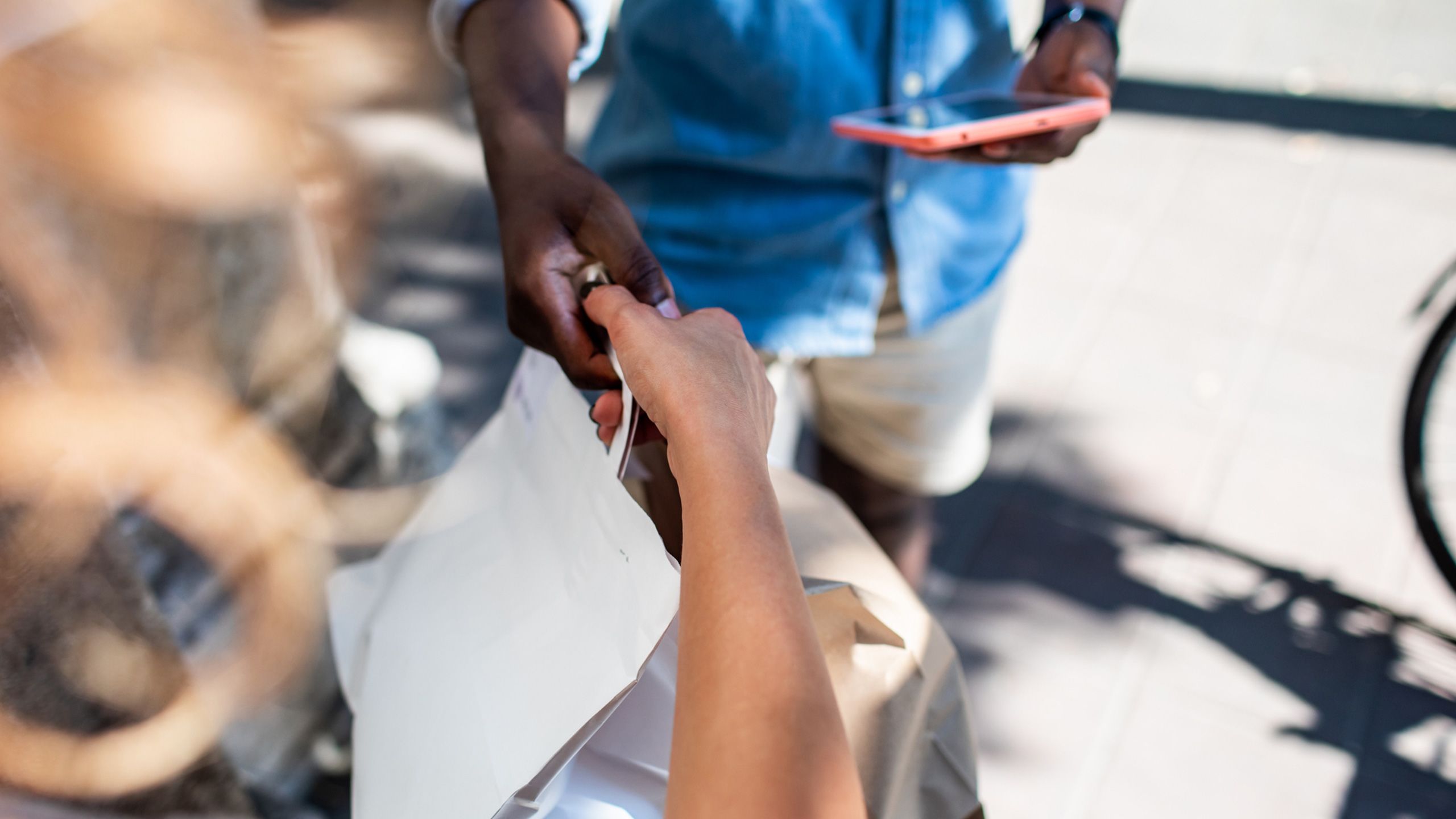
In order to weather the storm, and possibly come out stronger, franchisors will therefore have to be agile and adapt to the changing times.
'The world has fundamentally changed, as have our customer buying behaviours, so something which was successful pre-Covid doesn’t necessarily guarantee success in the future,' says van Niekerk.
Because of this, van Niekerk says businesses like Nando’s will make significant changes, like smaller store footprints, reducing labour and operating cost requirements, and leveraging landlord and buying relationships.
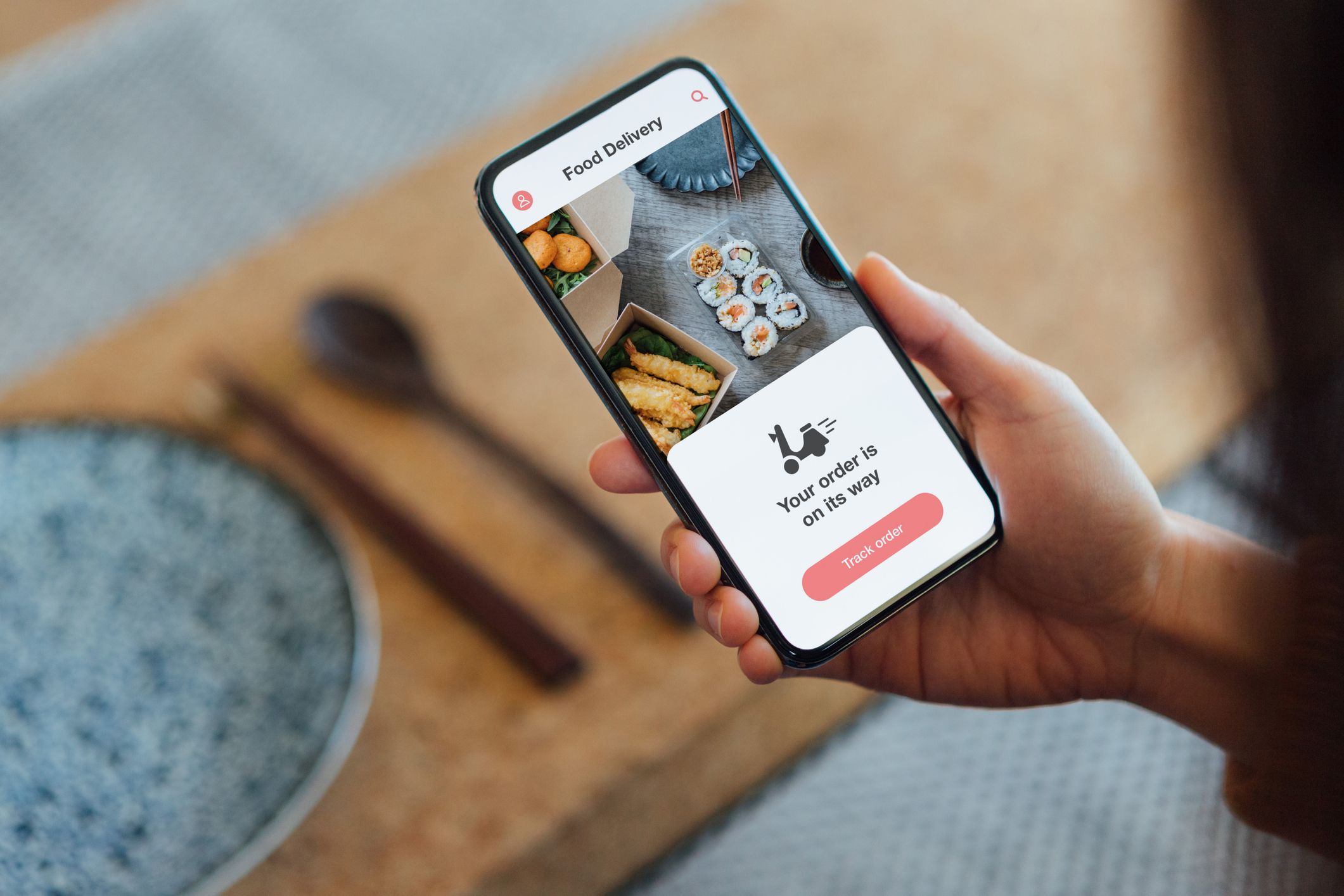
As the rise of e-commerce changes the way we shop, Nando’s has noticed customers are staying away from large malls, and brands are therefore looking to invest more in strip malls.
There’s also a growing trend among food businesses to use stores that are not open to the public, but instead prepare meals for delivery only. These so-called dark or ghost kitchens can subsidise what van Niekerk calls ‘the margin knock’ that food delivery has on traditional business models.
'If you don’t have your own app, which works well, you will die,' she says. 'Covid has taught brands that not having your own database of customers is a very precarious position to be in, especially as third party aggregators held restaurants to ransom in terms of commissions payable.'
Ocean Basket has also adopted new technology to streamline operations.
'We have focussed on using our existing team to bring technology into the business rather than outsource,' says Camacho. 'This has allowed us to spend on what we need, rather than take on and pay for functionality we don’t need.'
Talking specifically around food franchises, van Niekerk says menus will have to change as well - to cut down on losses due to wastage, and to introduce hybrid menus with meals that travel better.
CAPITAL AND EXPERTISE

Although Covid-19 has introduced a raft of complexities and additional expenses, Nedbank Business Banking’s Mark Rose believes with the right investments and strategies, franchisors will survive, or even thrive.
'I believe Covid has forced franchisors to rethink their business models completely. Although the brand awareness and appeal of a franchise is still there, the business models will need to change,' says Rose.

'If you’re just going to continue to provide a service through physical infrastructure, for example, and you’re not thinking about a strong digital or online alternative service model to back up your strategy, then you probably are going to face a problem.'
This is where asset financing, and access to e-commerce experts, for example, are critical.
'We can assist businesses with e-commerce capabilities,' says Rose. 'And, when the time comes, flexible financing options will help businesses purchase movable assets that will allow them to deliver items in-house, for example.'
This level of consultation and communication is critical to survival, and possibly even expansion, at a time like this - and it’s a cornerstone to Ocean Basket’s approach right now.
'We are currently talking to a diverse spectrum of role players including competitors, supply partners and financial institutions,' says Camacho. 'And this, coupled with analysing data internally and externally, is what prepares you to grow in these times - that is the core role franchisors play in this time.’
And although very little could have prepared franchisors for the impact of Covid-19, it’s likely this collective strength and innovation that will help the franchise sector retain its legacy as one of the country’s most resilient.



